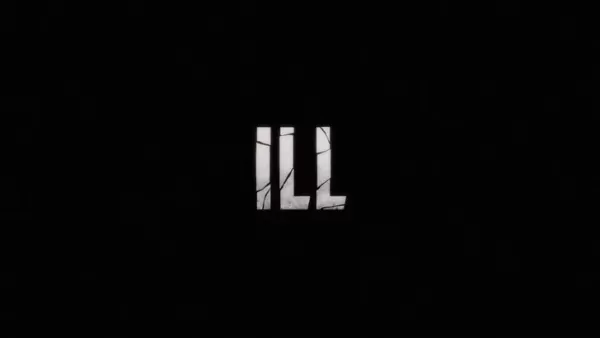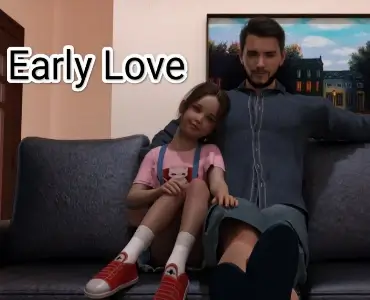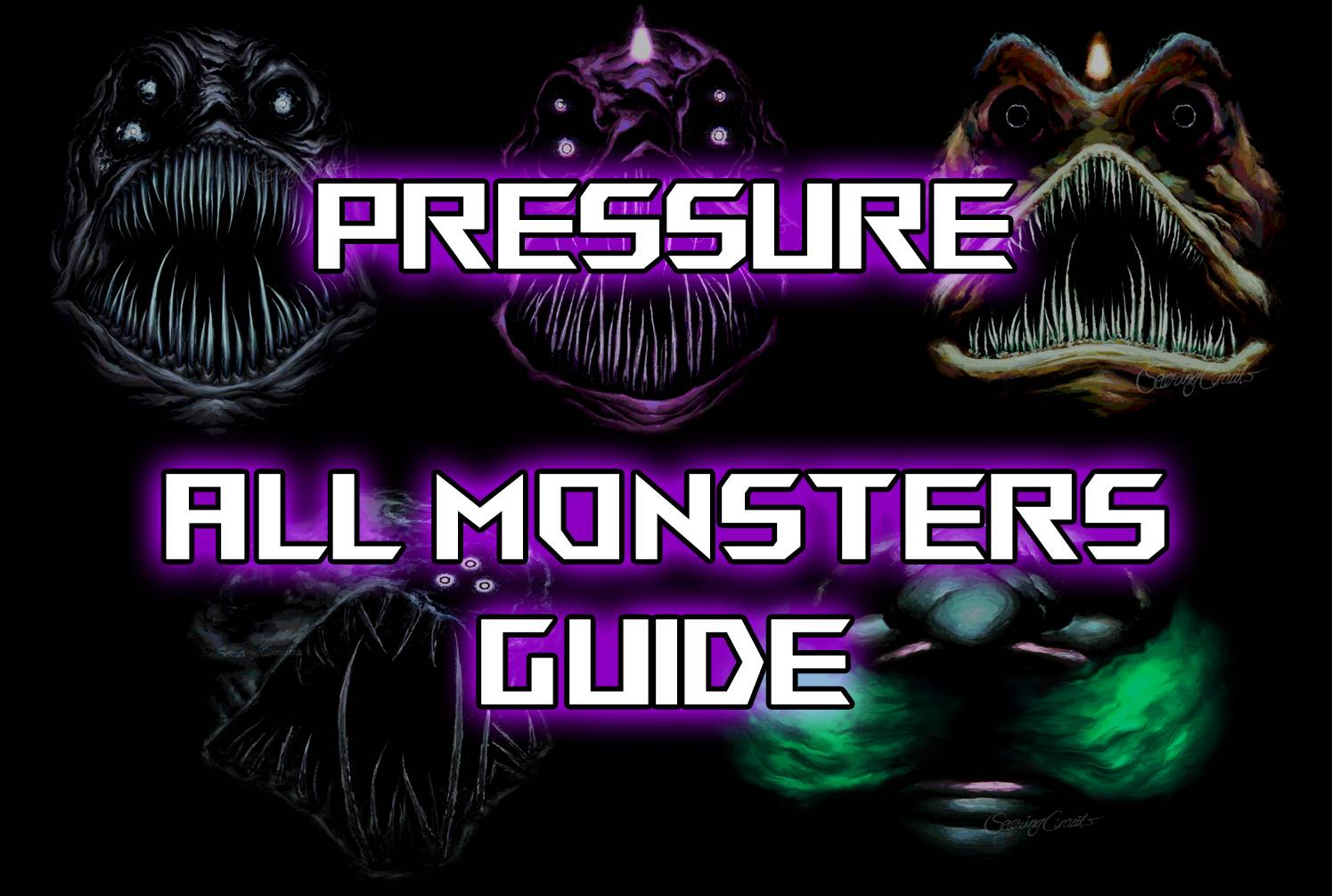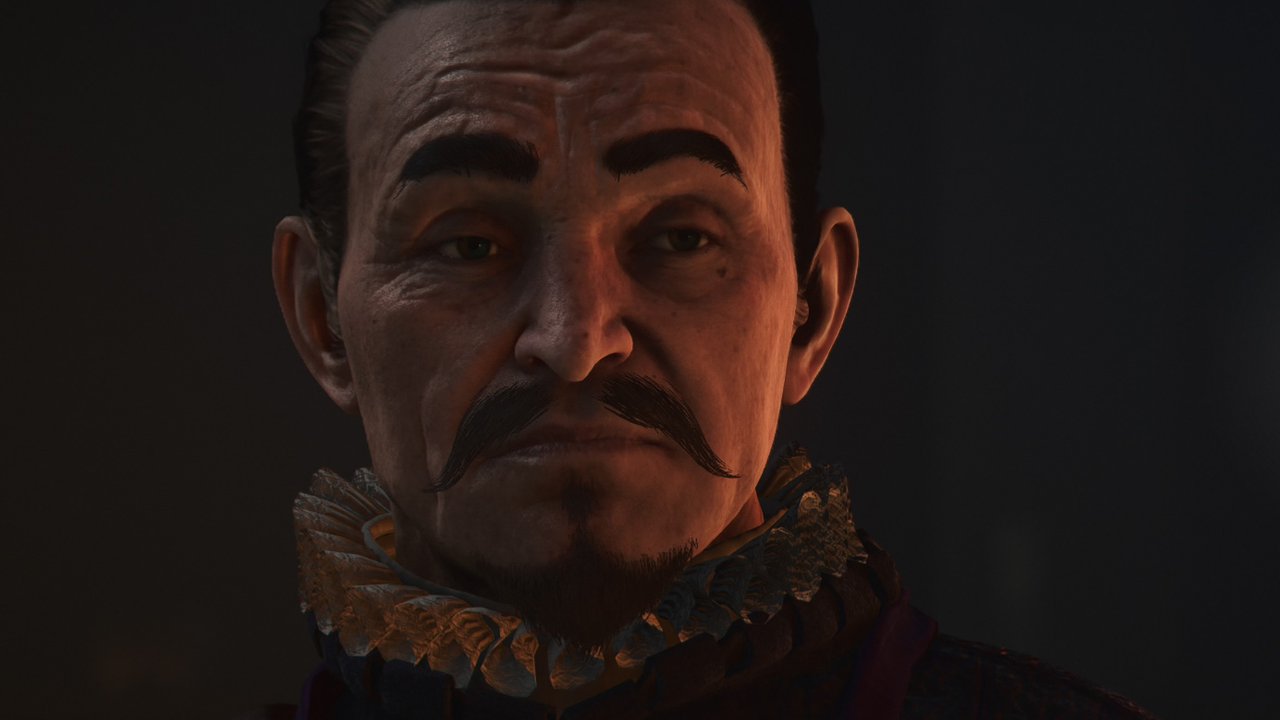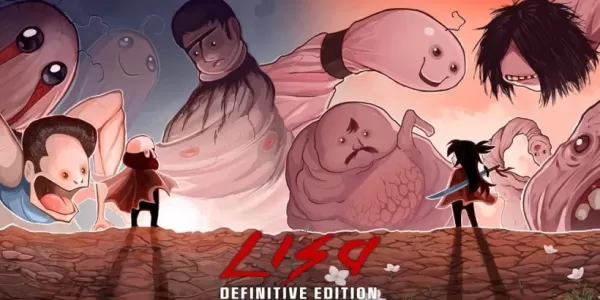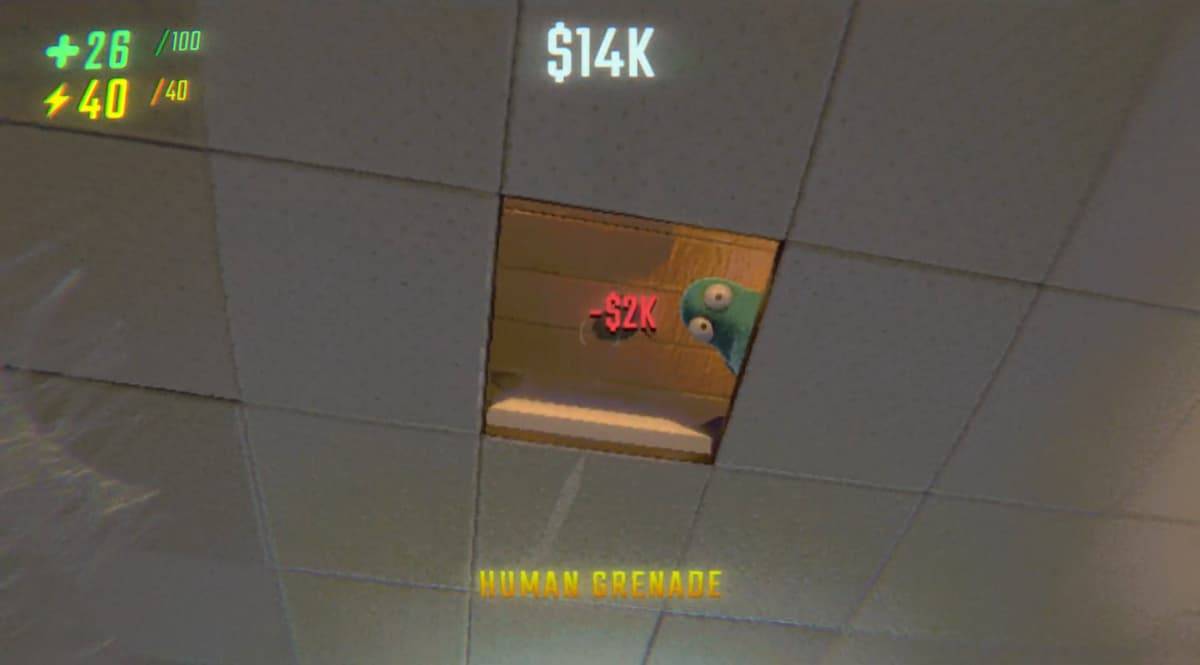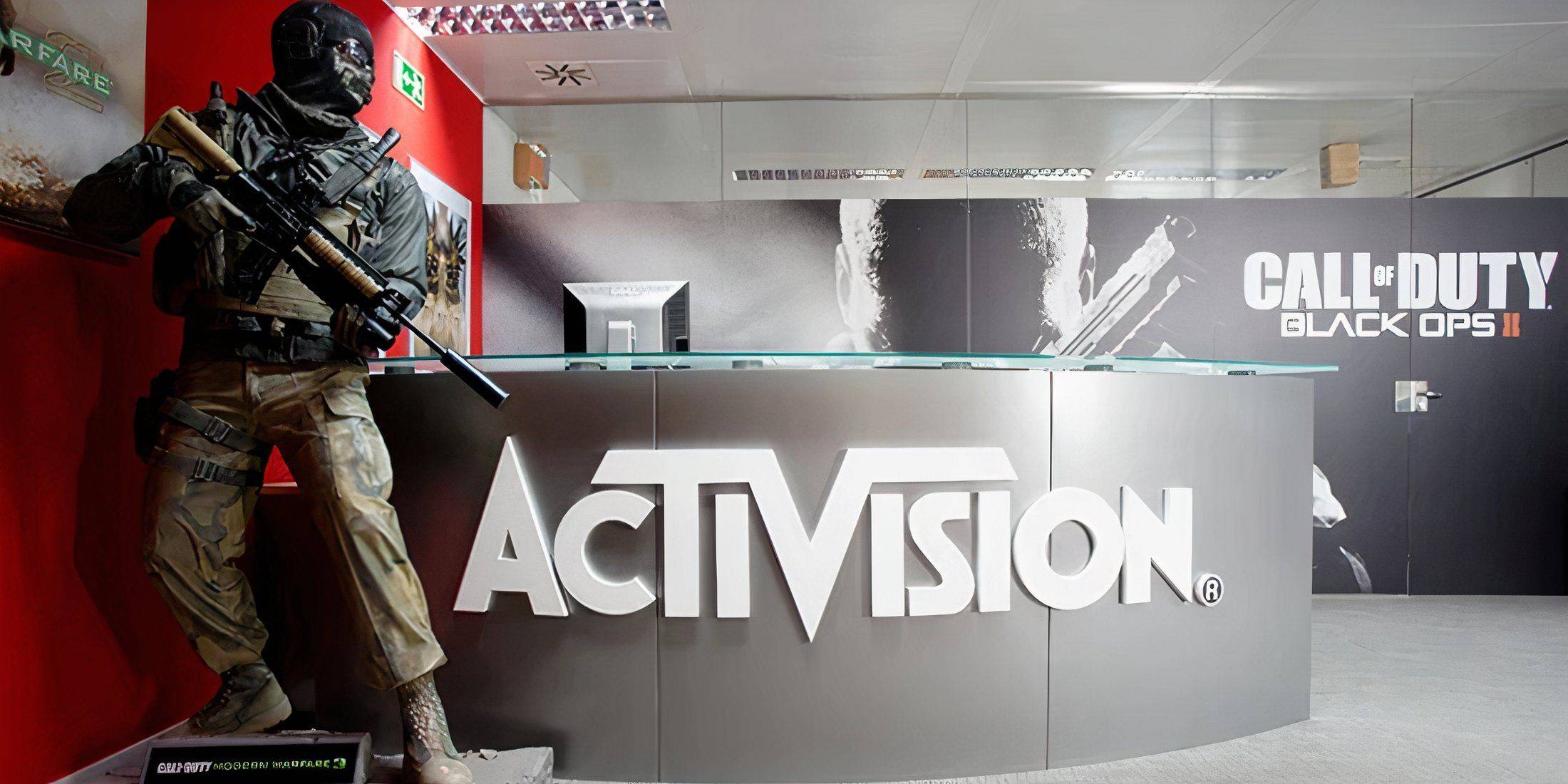
Activision Rebuts Claims Linking Call of Duty to Uvalde Tragedy
Activision Blizzard has filed a robust defense against lawsuits filed by Uvalde shooting victims' families, vehemently denying any causal link between its Call of Duty franchise and the 2022 Robb Elementary School tragedy. The May 2024 lawsuits contend that the shooter's exposure to Call of Duty's violent content contributed to the massacre.
The devastating event claimed the lives of 19 children and two teachers, injuring 17 more. The shooter, a former Robb Elementary student, was a known Call of Duty player, having downloaded Modern Warfare in November 2021. The lawsuits also implicated Meta, alleging its Instagram platform facilitated the shooter's access to firearm advertisements, including those for the AR-15 rifle he used, mirroring a weapon in the game. The plaintiffs argued that both Activision and Meta fostered a harmful environment encouraging violent behavior in vulnerable adolescents.
Activision's December filing, a comprehensive 150-page response, rejects all accusations. The company asserts the absence of any direct connection between Call of Duty and the Uvalde tragedy, invoking California's anti-SLAPP laws to protect its First Amendment rights against what it considers frivolous litigation. The publisher further emphasizes Call of Duty's status as protected expressive work, arguing that claims targeting its "hyper-realistic content" infringe on fundamental free speech principles.
Supporting its defense, Activision submitted expert declarations. A 35-page statement from Notre Dame professor Matthew Thomas Payne counters the lawsuit's "training camp" assertion, arguing Call of Duty's military realism aligns with established conventions in war films and television. Patrick Kelly, Call of Duty's head of creative, contributed a 38-page document outlining the game's development, including details on the $700 million budget for Call of Duty: Black Ops Cold War.
The Uvalde families have until late February to respond to Activision's detailed submissions. The outcome remains uncertain, but the case highlights the ongoing, complex debate surrounding the relationship between violent video games and mass shootings.





